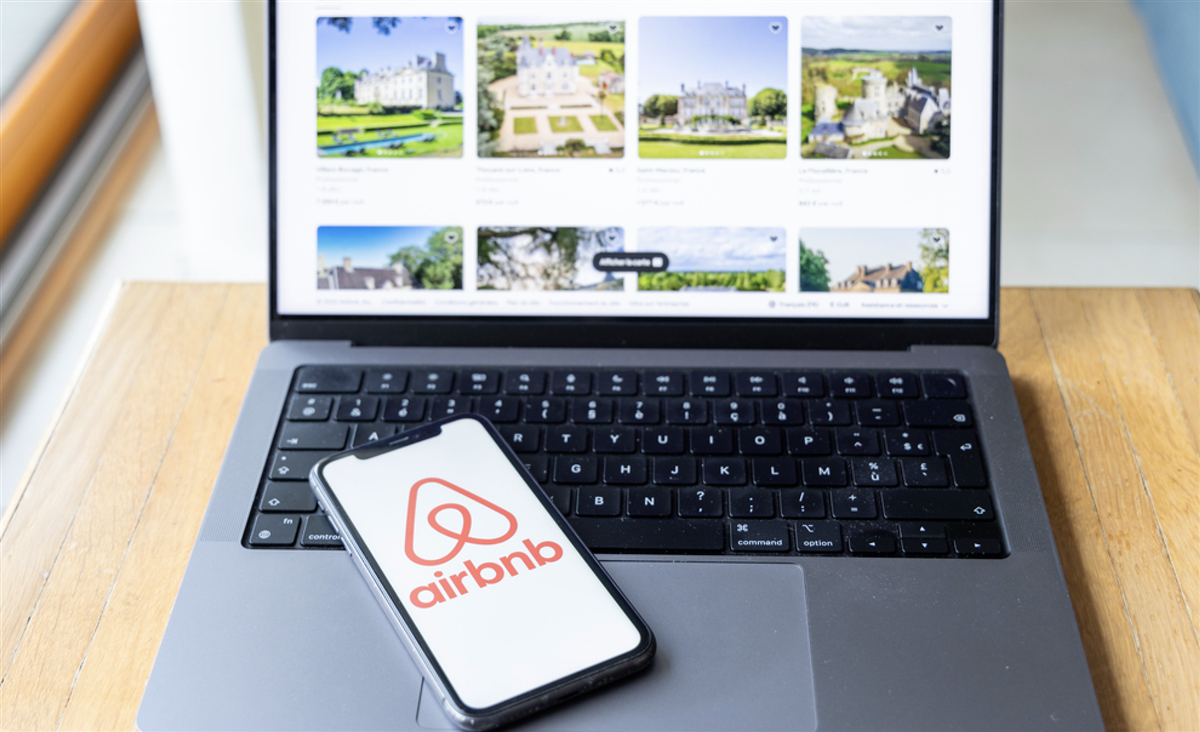
While investors today want to emulate what Warren Buffett and other mega investors in the stock market are trying to do, they often forget that they are in the tenth chapter of their journey, while most retail investors should be trying to figure out what these professionals did in their beginning chapters. Having less capital at their disposal and a narrower stock selection system doesn’t have to be a disadvantage, just as it wasn’t one for younger Buffett.
Buffett says that he could generate over 100% returns if he had a smaller amount of capital and was able to pick smaller and faster-growing companies back then. Today, after hitting a $1 trillion market capitalization, Berkshire Hathaway Inc. (NYSE: BRK.A) now has limited options to buy that would move the needle, and any business below $10 billion in market capitalization just isn’t worth buying, no matter how fast it’s growing.
However, retail investors don’t have that sizing problem, so they can consider two stocks carrying the sort of capital float younger Buffett looked for in insurance companies. Surprisingly, Starbucks Co. (NASDAQ: SBUX) and Airbnb Inc. (NASDAQ: ABNB) fit this float description and could be multi-bagger stocks in the years to come, which, unfortunately, are too small for Buffett to buy today.
Airbnb Stock's Financials Show a Huge Discrepancy: Here's Where the Upside Is Coming From
Airbnb's latest quarterly results, as reported in the press release, show investors one major discrepancy not seen in many other stocks outside of the financial sector. Operating income for the quarter came in at $497 million, while up to $226 million was reported from interest income.
Looking at the balance sheet, investors can note up to $10.3 billion in funds payable and amounts payable to customers. This is basically funded stays paid in advance to customer trips, where Airbnb holds the funds until they need to be paid out to hosts once the trip is made.
Now, most investors would let this number fly over their heads without wondering what Airbnb does with this $10.3 billion waiting to be paid out. They do what insurance companies do: They invest in fixed-income products like bonds, treasury notes, or certificates of deposit (CDs) to generate a decent amount of interest income before they need to pay out this capital.
This is why investors will see interest income as much as 40.7% of net income for the quarter, an amount that could grow as the business keeps expanding its user base and the number of stays booked out. Comparing today's $10.3 billion in funded stays to last year's $5.8 billion, investors can only imagine the upside for this business model in future years.
For this and many other reasons, Wall Street analysts forecast earnings per share (EPS) growth of up to 14.8% for Airbnb in the next 12 months. Benchmark feels comfortable placing a price target of $155 a share on the stock.
To prove these targets right, Airbnb stock would need to rally by as much as 32.1% from where it trades today, laying the foundation for this potential growth stock. Knowing that this business model is underrated and undercovered today, those at Legal & General Group decided to allocate more capital to it.
As of August 2024, these asset managers had increased their position in Airbnb stock by 4.7%, bringing their net investment to $519 million. However, this is only a fraction of the $7.7 billion in institutional capital that had entered the company over the past 12 months.
Starbucks Isn't There Yet, But It's Building Its Interest Income Potential
Looking into the latest quarterly earnings results from Starbucks, investors can see a similar trend happening, just like Airbnb. Starbucks has a clever way of locking customer capital before it is spent at their stores, which is what allows the company to generate up to 24.8% returns on invested capital (ROIC), making it a compounder of a stock.
In the balance sheet for the same quarter of 2023, investors can note that $1.7 billion was held up in stored value card liabilities, which is where customers will deposit their cash to be held and then used at a physical location later on. That balance generated Starbucks up to $51.1 million in interest income.
This year, Starbucks made $96 million in interest income, almost double that of last year’s; however, the balance in capital didn’t rise by that much. This year’s quarter reported a value card balance of $1.8 billion, only $100 million more, almost double the company’s interest income.
Interest income for Starbucks is now only 3.3% of its net income, but investors can see how this compounding could be significantly amplified in the next few years as the business continues to expand, especially in emerging markets like China and the rest of Asia.
This is why Wall Street analysts forecast up to 11% EPS growth for the next 12 months in Starbucks stock, helping those at Evercore land on a $ 120-a-share valuation for this company, implying as much as 26.8% upside from where it trades today.

